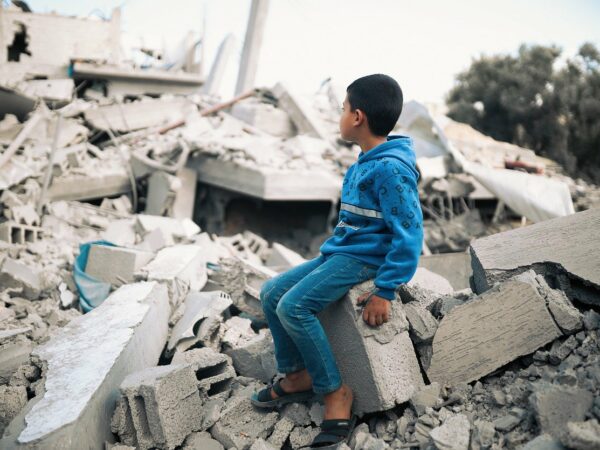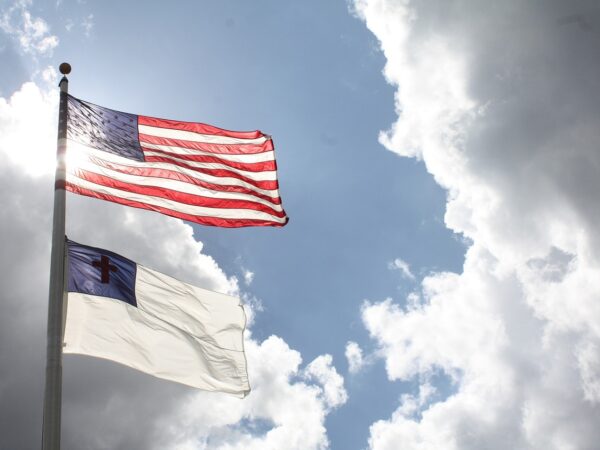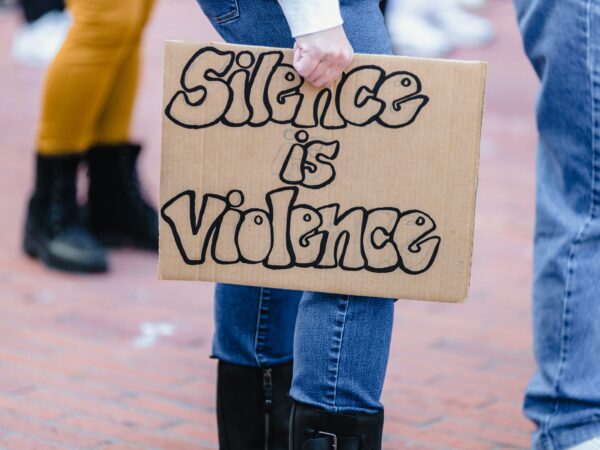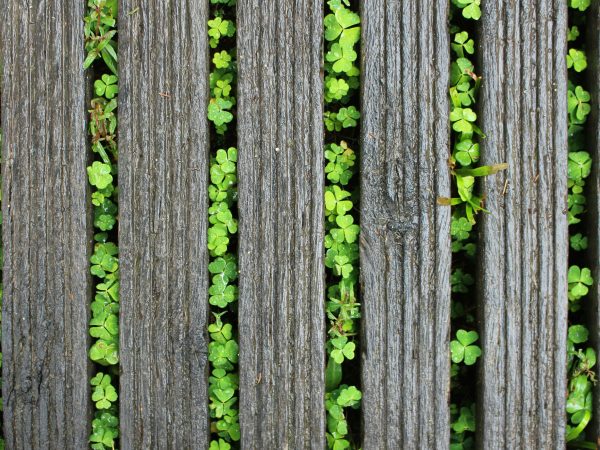
Sometimes the most I can be grateful for is that it is still possible to imagine an alternative.

The picture painted here, especially by the verses of the Psalm not included in the lectionary reading (Psalm 104:1-23) is an astonishing vision of the ubiquity of the Creator within their creation, directly immersed within the moment-by-moment dance of life in its most intimate, even quotidian – eating, drinking, growing, building, nesting: these are the tasks of home and family. Divine empathy for daily life, in its glorious diversity, for everything that is alive.
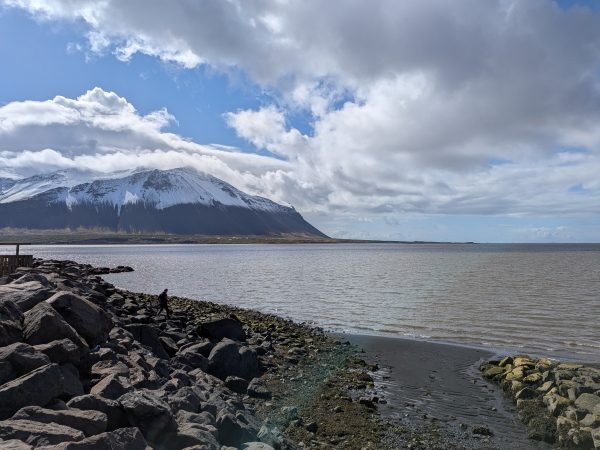
Regardless of whether we live in the shadow of volcanoes or glaciers, we can see and know that God is at work in the awesome and majestic unfolding of creation. The same divine sovereignty that moves mountains can move human hearts toward the kin-dom—if we have eyes to see and courage to act.
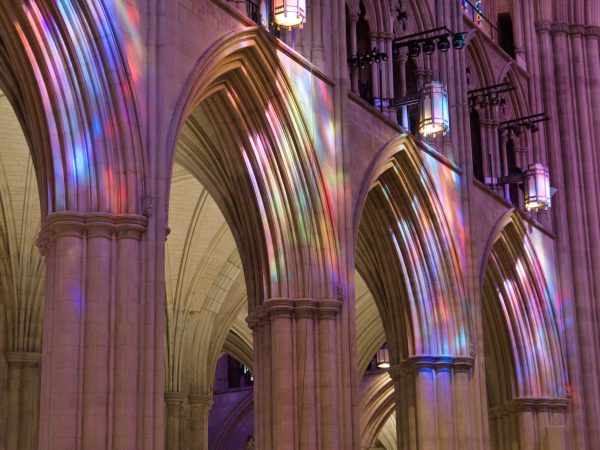
For those of us who have experienced marginalization, are we confident that God is actively seeking the lost and rejected souls in our communities? And for those of us with social privilege, do we embody this confidence by extending love to those on the margins—the outcast, the silenced, those with no voice or vote?

The messianic banquet imagined by the Jewish sages nurtures attitudes of respect, blessing, recognition, and wonder. These comportments converge in humility, an earthbound ethic that we practice together, through speech, action, and the work of dwelling.

The unity embodied in this psalm is idealistic, imaginative, and radical, embodying fluidity. It disrupts the exclusivist notion of nationalism common in its contemporary literature and embraces unity, which is symbolized as inherently good and pleasant.

